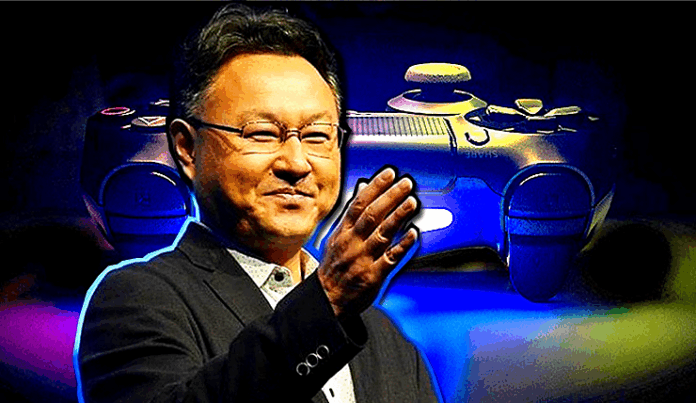Expensive, but not unfair? Why a former PlayStation boss is calling for calm
In times of rising price tags, one issue is causing a lot of discussion:Video games for 80 eurosor more. While many gamers see this as a creeping alienation from the community, Shuhei Yoshida, former president of Sony Worldwide Studios, remains surprisingly relaxed. In an interview with YouTubers Kit & Krystahe even sees a certain logical step in the price development – and gives reasons that give pause for thought.
His point of view: In many cases, video games provide enormous entertainment value – over days, weeks or even months. As an example, Yoshida cites games such as Mario Kart, which many people still play on their consoles years after purchasing it. Those who play a game intensively often get more for their money than they would from going to the movies or buying concert tickets – both forms of leisure that have also become noticeably more expensive in recent years.
However, Yoshida is not talking about flat-rate prices. Rather, he emphasizes the individual perception of value.Not every game has to be bought on the first day, and not everyjustifies a high initial price.Many gamers deliberately waited forlater discount campaigns– a behavior that the industry is aware of and for which it has long since developed its own sales strategies.
He is not criticizing the criticism of rising prices – he is simply making it clear that value is subjective.Those who enjoy a game and spend time playing it decide for themselves whether it is worth $80.This perspective opens up room for a more nuanced view – and shifts the focus away from the price tag and toward the personal experience.
More than just a game: Where entertainment comes at a price
In the second part of the conversation, it becomes clear how complex Yoshida’s view actually is. He emphasizes that, especially in live service games, sums are now being spent that far exceed the cost of a single full-price title. Digital trading cards or skins for up to $100? For him, this is not a contradiction, but a reflection of player habits: those who want to invest in virtual content decide for themselves what it is worth.
Yoshida even sees this as a kind of proof: If players are willing to spend three-digit sums on certain extras, it is easier to justify a fixed price of $80 for a complete game.He points to the voluntary nature of such spending – no one is forcing anyone to buy on release day or purchase expensive items.
But he doesn’t ignore reality.He takes the rising cost of living and the growing financial burden on many households seriously.That’s precisely why he believes it’s important that there are price dynamics, discounts, and subscription models– so that gaming doesn’t become an elitist niche.
What remains is a clear message:Games can cost money if they deliver real value in return. And if you look closely, you will often find more opportunities than ever before to influence the price –whether through timing, platform choice or personal playing style.


